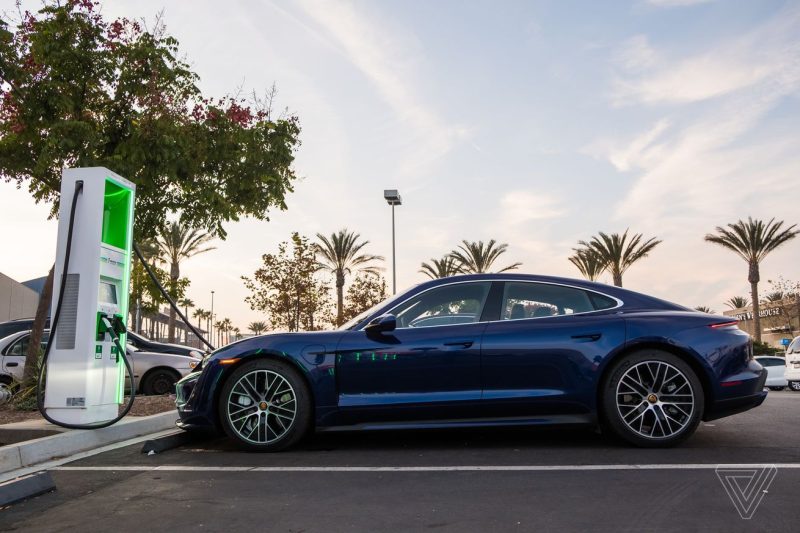Porsche Extends the Life of Gasoline-Powered Cars: A Strategic Move or a Lack of Vision?
Porsche, the iconic German automaker known for its luxurious sports cars, has recently announced its decision to prolong the production of gasoline-powered vehicles for a longer period. This move has raised eyebrows in the automotive industry and among environmental advocates who have been urging automakers to accelerate the shift towards electric vehicles (EVs) to combat climate change and reduce air pollution.
The decision by Porsche to hold on to gas-powered cars for a bit longer can be seen as a strategic move aimed at catering to specific market demands and preserving the brand’s heritage and identity. Porsche has built a loyal customer base over the years, many of whom have a deep affinity for the roar of a powerful gasoline engine and the adrenaline rush of driving a high-performance sports car. By continuing to produce gas-powered vehicles, Porsche can maintain its appeal to these enthusiasts while also gradually transitioning towards a more sustainable future.
However, some critics argue that Porsche’s decision reflects a lack of vision and a reluctance to embrace change. With countries around the world setting ambitious targets to phase out internal combustion engine vehicles in favor of zero-emission alternatives, Porsche’s commitment to gas-powered cars may be viewed as a missed opportunity to lead the shift towards clean energy transportation. As other automakers such as Tesla and Ford ramp up their EV production and invest heavily in electric technology, Porsche risks falling behind in the race towards a greener automotive industry.
It is essential for Porsche to strike a balance between meeting current market demands and preparing for the future of transportation. The company’s investment in electric vehicles, such as the Porsche Taycan, demonstrates its recognition of the growing importance of sustainability and innovation in the automotive sector. By gradually transitioning towards electric mobility while still offering gasoline-powered options for traditionalists, Porsche can ensure that it remains relevant and competitive in an evolving market.
In conclusion, Porsche’s decision to extend the production of gasoline-powered cars raises questions about the company’s long-term strategy and commitment to sustainability. While catering to the preferences of loyal customers is important, Porsche must also prioritize innovation and environmental responsibility to secure its position as a leader in the automotive industry. Balancing tradition and progress will be key for Porsche as it navigates the transition towards a cleaner and more sustainable future for transportation.


























